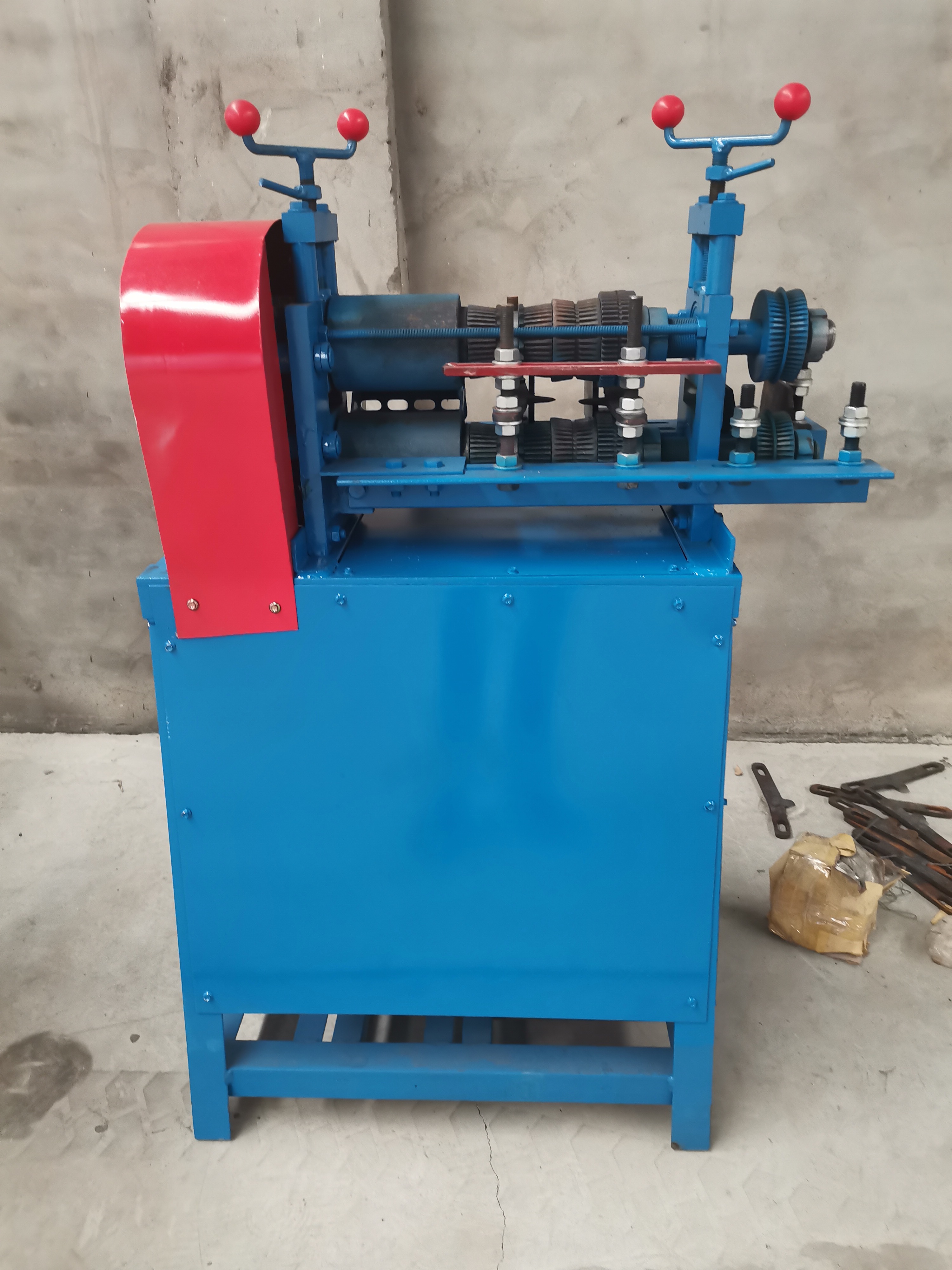

sep . 24, 2024 04:24 Back to list
The Importance of E-Waste Recycling Machines
In our rapidly evolving technological landscape, electronic devices are becoming increasingly integral to our everyday lives. However, this convenience comes at a cost—electronic waste, or e-waste, is one of the fastest-growing waste streams in the world. As consumers upgrade their gadgets or dispose of outdated electronics, the accumulation of e-waste poses significant environmental challenges. This is where e-waste recycling machines play a crucial role.
The Importance of E-Waste Recycling Machines
These specialized machines are designed to efficiently process and recover valuable materials from discarded electronic devices. The recycling process typically involves several stages, including shredding, sorting, and extracting. Initially, the e-waste is fed into the machine, which shreds it into smaller pieces. This shredding process is vital, as it increases the surface area of the materials, making it easier for subsequent separation techniques to recover valuable components.

Next, the shredded materials are sorted using advanced technologies such as magnetic separators and air classifiers. This stage is crucial for separating ferrous metals, non-ferrous metals, plastics, and other materials. For example, copper and aluminum, which are valuable resources found in wires and circuit boards, can be recovered and reused in manufacturing new products. This not only conserves natural resources but also reduces the energy required for mining and refining new materials.
The final stage of the process involves extracting specific materials, which can then be sold back into the market. For example, precious metals like gold and silver, which are often found in small quantities in electronics, can be retrieved and repurposed. This reclamation of resources not only provides economic benefits but also reduces the environmental footprint associated with mining new ores.
Moreover, e-waste recycling machines help raise awareness about sustainable practices. As more recycling facilities adopt such technologies, it encourages consumers to be more responsible with their electronic waste. Public education campaigns highlighting the importance of e-waste recycling can further enhance these efforts, fostering a culture of sustainability within communities.
In conclusion, e-waste recycling machines are vital for addressing the growing problem of electronic waste. They enable the efficient recovery of valuable materials, prevent environmental pollution, and promote sustainable practices. As technology continues to advance and e-waste generation rises, investing in and supporting e-waste recycling initiatives will be crucial for protecting our planet and ensuring a cleaner, healthier future for generations to come.
Latest news
Troubleshooting Common Eddy Separator Problems
NewsJul.04,2025
The Role of Metal Recycling Plants in Circular Economy
NewsJul.04,2025
The Impact of Recycling Line Pickers on Waste Management Costs
NewsJul.04,2025
Safety Features Every Metal Shredder Should Have
NewsJul.04,2025
How Industrial Shredders Improve Waste Management Systems
NewsJul.04,2025
How Cable Granulators Contribute to Sustainable Recycling
NewsJul.04,2025